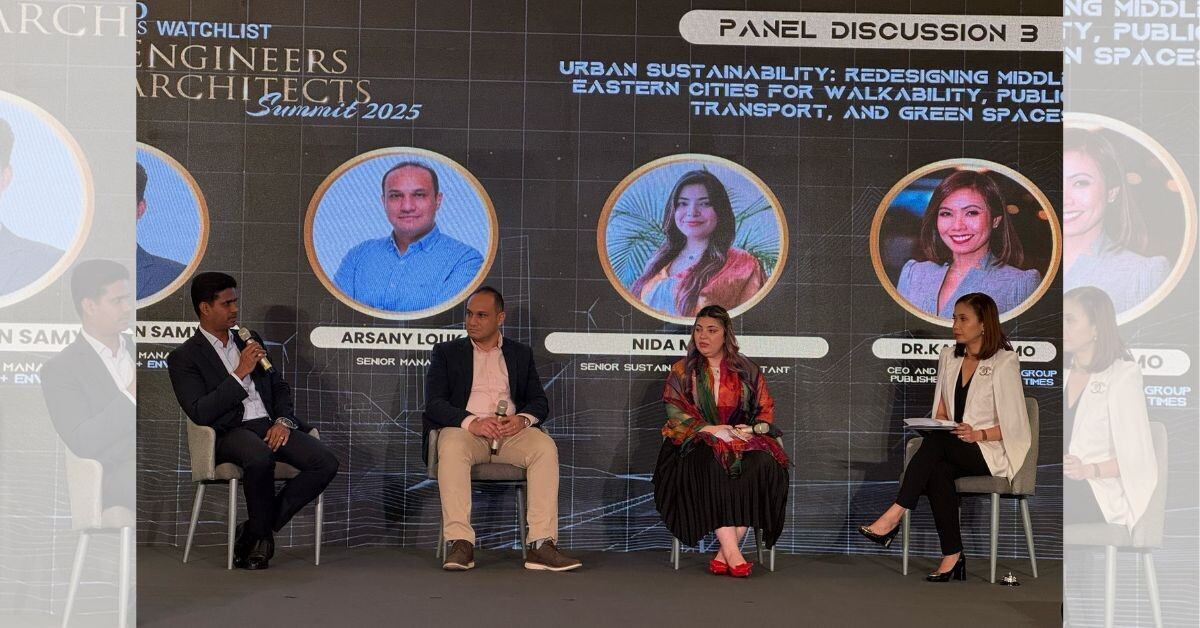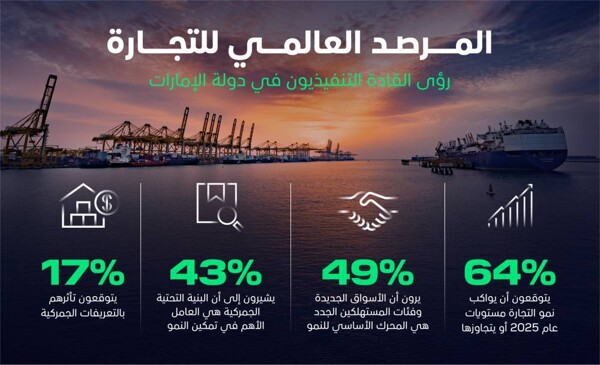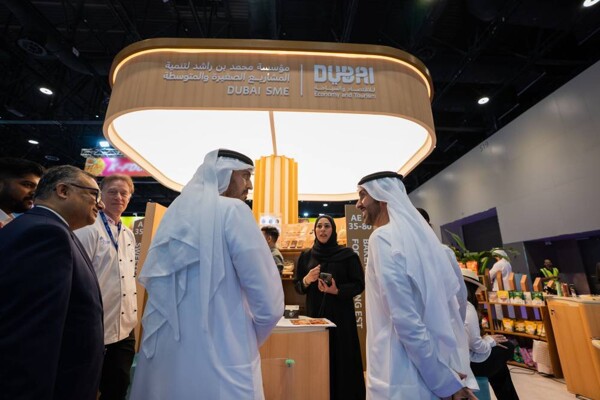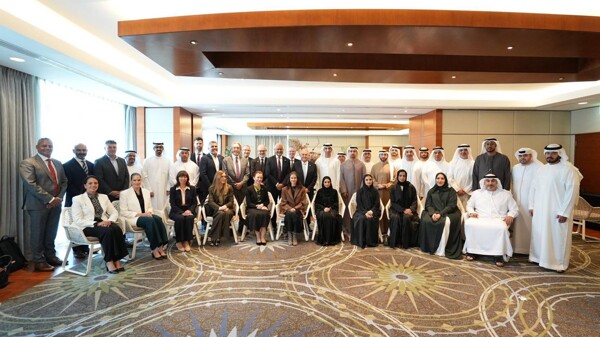
Due to the fact that the Middle East is accelerating its green transformation, Filipino engineers and architects are opening up unique opportunities to participate in the developing sector. Instead of the growth of green jobs, there is an increase in the demand for specialists in renewable energy, ecological engineering, and sustainable land development. Why are green professions so popular and how can Filipinos, especially engineers and architects, participate in them?
According to data from the World Economic Forum (WEF), the green energy and sustainable development sectors are experiencing significant growth in the global labor market. According to WEF, the demand for engineers in the field of renewable energy and ecological engineers is surging within the context of green job growth. According to a list of the 15 fastest-growing professions by 2025, ecological engineers and engineers in the field of renewable energy are among the top two most demanded green professions by 2030. Filipino engineers and architects play a key role in this developing market, especially in the context of the increasing green transformation of the region.
During a panel discussion at the "Urban Sustainability: Redesigning Middle Eastern Cities for Walkability, Public Transport, and Green Spaces" event at the Filipino Times Watchlist: Top Engineers and Architects in the Middle East Summit 2025, manager for sustainable development at KEO Sustainability + Environment Srinivasan Sami highlighted two main issues facing the establishment of more sustainable cities in the region: climatic conditions and rapid urbanization.
Considering that cities are increasingly becoming ecologically conscious, engineers and architects have good opportunities to contribute to the design and implementation of future infrastructure. Despite the fact that many sectors of work are facing changes, in the field of green energy, job positions remain sustainable and maintain high demand. An important aspect of sustainability is that this sector encompasses so many different aspects, from technical to integrated approaches to the construction of green buildings and concepts of corporate social responsibility and sustainable investments.
Nida Malick, a senior consultant for sustainability at AESG, provided advice on key skills, certifications or specializations that will allow engineers and architects to remain relevant and competitive in the developing labor market of the Middle East. "The report about the future labor process speaks of the fact that the fight against climate change is one of the most transformational trends, and 47% of employers expect this to significantly affect their business in the next five years.
The energy sector is undergoing tremendous changes as countries strive to reduce dependence on fossil fuels and invest in renewable energy sources. Overall, the growth of green jobs is driven by a shift of economies towards sustainable development, since they bear responsibility for consuming more than two-thirds of the world’s energy.
"If you invest in sustainability, there should be a specific return on investments. The best projects are visible when they pass the stage of added significance, and not at the initial stage," noted leading manager at Expo City Dubai Arsani Luk.
Green jobs have significantly increased in recent years, rising from 13.7 million in 2022 to 16.2 million in 2023. "If you assess sustainability in your projects, you can always refer to international rankings for inspiration, but local rankings are about what you want to see in the region, since they are adapted to local climatic conditions," Nida Malick emphasized.














